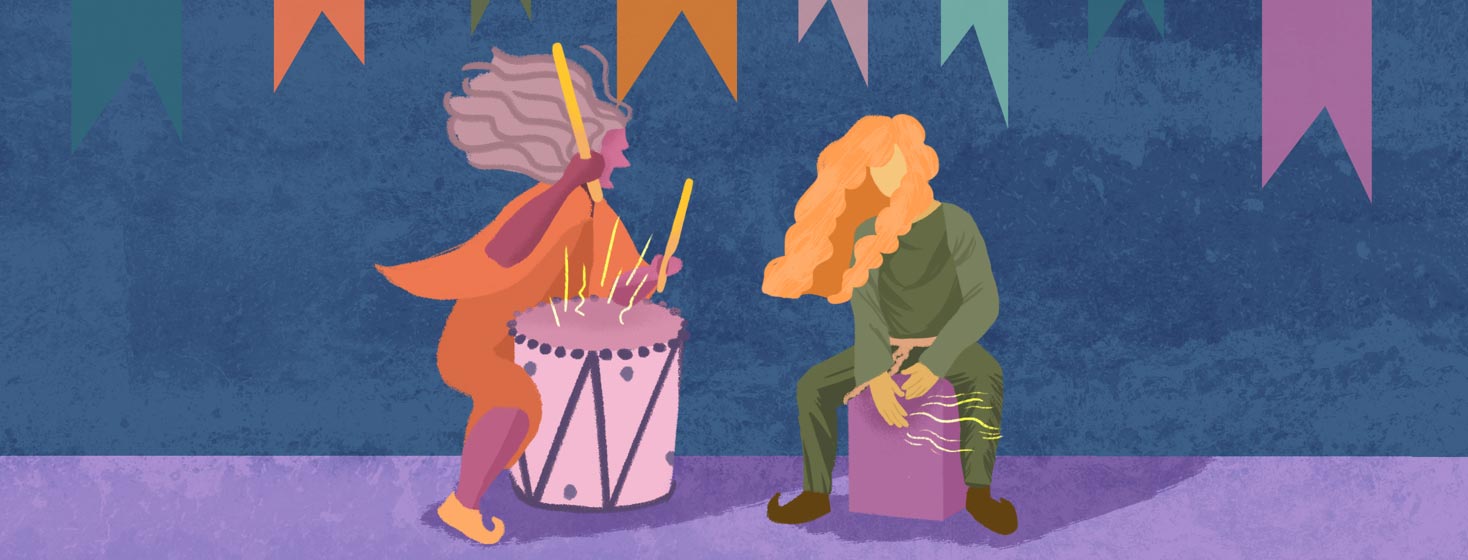What is AFib?
Atrial fibrillationa, also known as AFib, is the most common heart rhythm disorder (arrhythmia).1-2 It occurs when the atria, the two upper chambers of the heart, beat very fast in a disorganized way.
AFib can cause blood to pool in the atria, which can lead to blood clots, stroke, and heart failure. This rapid, irregular heart rate can be temporary, last until treated, or be a lifelong issue.1-5 The most severe and common complication of AFib is stroke. Someone with AFib is five times more likely to have a stroke than someone without the condition.1
How common is AFib?
The rate of AFib is increasing worldwide. Doctors believe this is the result of more people living into old age.4 Lifetime risk increases from 1 to 2 percent in people 64 and younger to 9 percent at age 65 and to 22 percent at age 80.3
What are the types of AFib?
The types of AFib include:1-2
- Paroxysmal: Also called occasional, it lasts up to seven days and generally goes away by itself. It may come back without warning.
- Persistent: Lingers for a week or more. The heart requires treatment to return to a normal rhythm.
- Long-standing: Lasts for more than 12 months.
- Permanent: The normal rhythm cannot be restored by any current treatments.
What are the risk factors for AFib?
Many things can make a person more likely to develop AFib. Risk factors include age, high blood pressure, underlying heart disease, and sleep apnea.1 Smoking, obesity, and drinking too much alcohol can also play a role. Doctors believe some people may inherit genes that make them more likely to develop AFib.1
How is AFib diagnosed?
Atrial fibrillation is often found during a routine doctor visit when an electrocardiogram (ECG) is done.1,6 The ECG detects and records electrical signals as they travel through your heart. With AFib, the ECG shows "irregularly irregular" pattern of heart contractions.1,6
Your doctor will listen to your heart, look at the veins in your neck, and raise your arms and legs to look for swelling (edema). You may be asked about symptoms such as chest pain, palpitations, a faster than normal heart rate, shortness of breath, nausea, dizziness, sweating, and fatigue.1
What are the symptoms of AFib?
Some people describe AFib as a quivering or racing heart. This is because the atria, the two upper chambers, can contract in a random manner and quiver.2,4 It may feel like your heart is racing, fluttering, or skipping beats. This can make you feel breathless, dizzy, weak, and exhausted.1-2 However, not everyone with AFib feels any different. This can make it hard to diagnose.1,2,4,5
How is AFib treated?
Managing AFib can be different for each person. Preventing strokes is the main goal of treatment. Drugs for AFib are prescribed to prevent blood clots (anticoagulants) and control heart rate and rhythm (antiarrhythmics). Your doctor will also suggest lifestyle changes.1,4,6
Surgery may be needed to restore the heart’s rhythm.6 Surgery for AFib may include:1
- Shocking the heart back into proper rhythm (cardioversion)
- Ablation, which freezes or burns small pieces of the heart
- Inserting a pacemaker
Lifestyle changes for AFib are the same as other heart conditions:1,4,6
- Get regular exercise
- Eat a heart healthy diet that is low in salt and fat
- Control blood pressure and cholesterol levels
- Limit alcohol and caffeine intake
- Don’t smoke
AFib may come and go and affect quality of life.1-2 Talk to your doctor if you think you have symptoms of AFib because early treatment can help prevent serious, life-threatening problems from arising.

Join the conversation